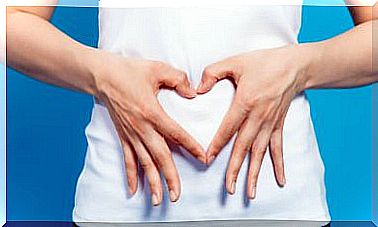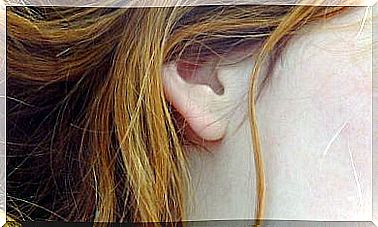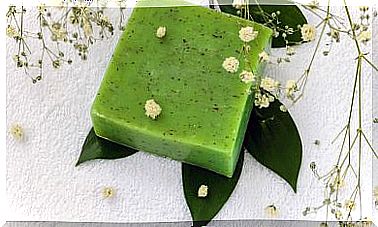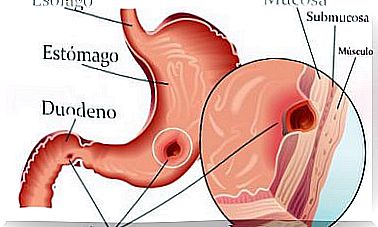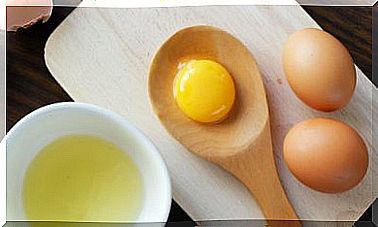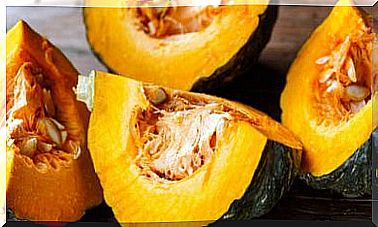How Should The Diet Be To Prevent Kidney Stones?
All those people who suffer from kidney stones are well aware of the suffering that comes with it. It is a health problem that affects a significant part of the population and generates many doubts. What diet is the most appropriate if you suffer from kidney stones? We explain it to you below.
How are kidney stones formed?
Kidney stones can form in a number of ways. Calcium can bind to substances such as oxalate or phosphorus in the urine, if these substances are so concentrated that they solidify. The buildup of uric acid from protein metabolism can also cause stones.
The dietary recommendations that we offer you are general. Depending on the type of kidney stone you have, some will be more applicable than others.
Diet for people suffering from kidney stones
According to available studies on nutrition for kidney problems, a diet low in oxalates, protein, salt and sugar can help us both to prevent and treat this problem and avoid relapses.
1. Drink more water
An important aspect. The extra sodium causes you to lose more calcium in your urine, increasing your risk of producing another stone. Add little salt to your meals, but above all reduce the consumption of fast and processed food (for example, potato chips or precooked dishes); it is the largest source of sodium in the diet. If you go out to eat at a restaurant it is important that you tell them that you cannot eat with a lot of salt.
3. Limit the consumption of sweets and cola drinks
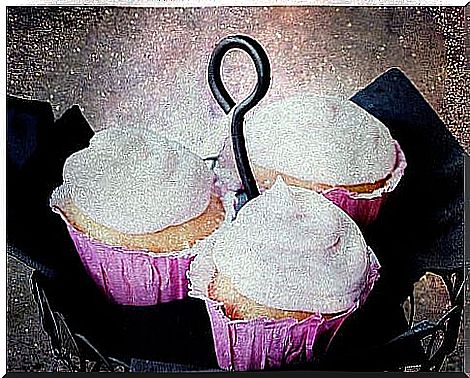
The consumption of sugar increases the concentration of calcium in the urine, and as a consequence decreases the amount we urinate. That excess calcium does not come from sugar or sugary foods, it comes from your bones. Although you may not notice it now, descaling has dangerous long-term effects, in addition to the risk it poses for the formation of kidney stones.
Cola drinks are not recommended either. In this case, those containing only phosphoric acid, without citric acid, should be avoided.
4. The risk of oxalates
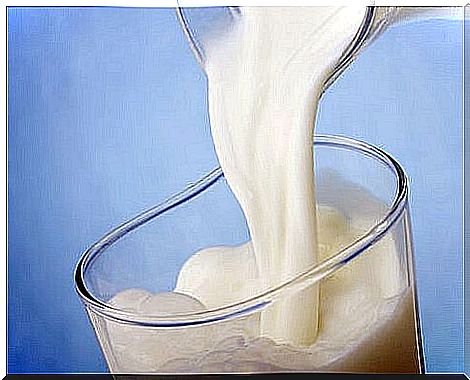
Excess oxalates can solidify and combine with calcium in the form of kidney stones. If you have this type of stone, the best thing you can do is reduce the amount of oxalates you consume. Some foods rich in oxalates are chocolate, spinach, tea, sweet potatoes, or beets.
If you want to consume oxalates make sure you do it with a food rich in calcium. This will ensure that the oxalates bind to calcium during digestion, before reaching the kidneys.
It is essential to consume calcium. But it is important that you know that although foods rich in calcium do not pose any risk, calcium supplements have been associated with the formation of kidney stones. Here are some of the best sources of calcium in the diet (make sure you get enough vitamin D to be able to absorb calcium effectively):
- Yoghurt
- Cheeses
- Cashew nuts
- Walnuts
- Vegetables
5. Fruits rich in vitamin C
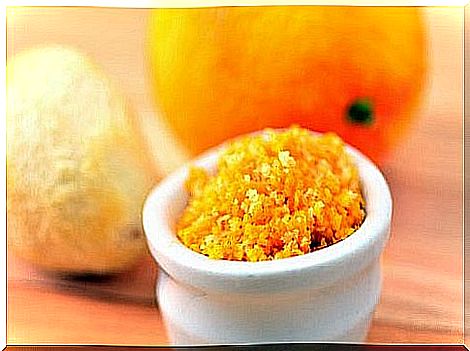
Citrate, a substance naturally present in citrus fruits, can help reduce and even block the formation of kidney stones. Some citrus fruits are lemon, orange or grapefruit.
A good way to incorporate citrus fruits into your diet is to eat them for dessert. You can also start the day with a lemon and orange juice, or drink water with a little lemon (do not include sugar).
6. Beware of meats and eggs
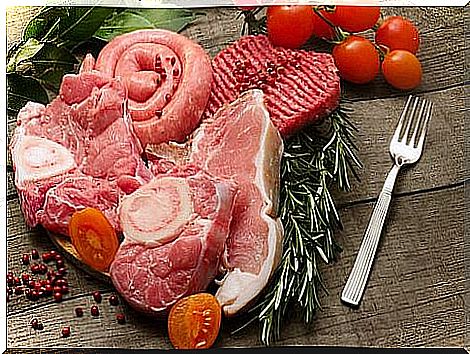
Many sources of animal protein, such as red meat or pork, increase the amount of uric acid your body produces. If you have calculations of this type, it would be convenient to limit the amount of animal protein you consume and replace it with vegetable protein (legumes, quinoa, etc.).
Excess protein also reduces the level of citrate in the urine. As we saw above with citrus fruits, citrate prevents the formation of kidney stones.
If you have kidney problems and want to increase or decrease the amount of protein in your diet, consult a doctor first.



